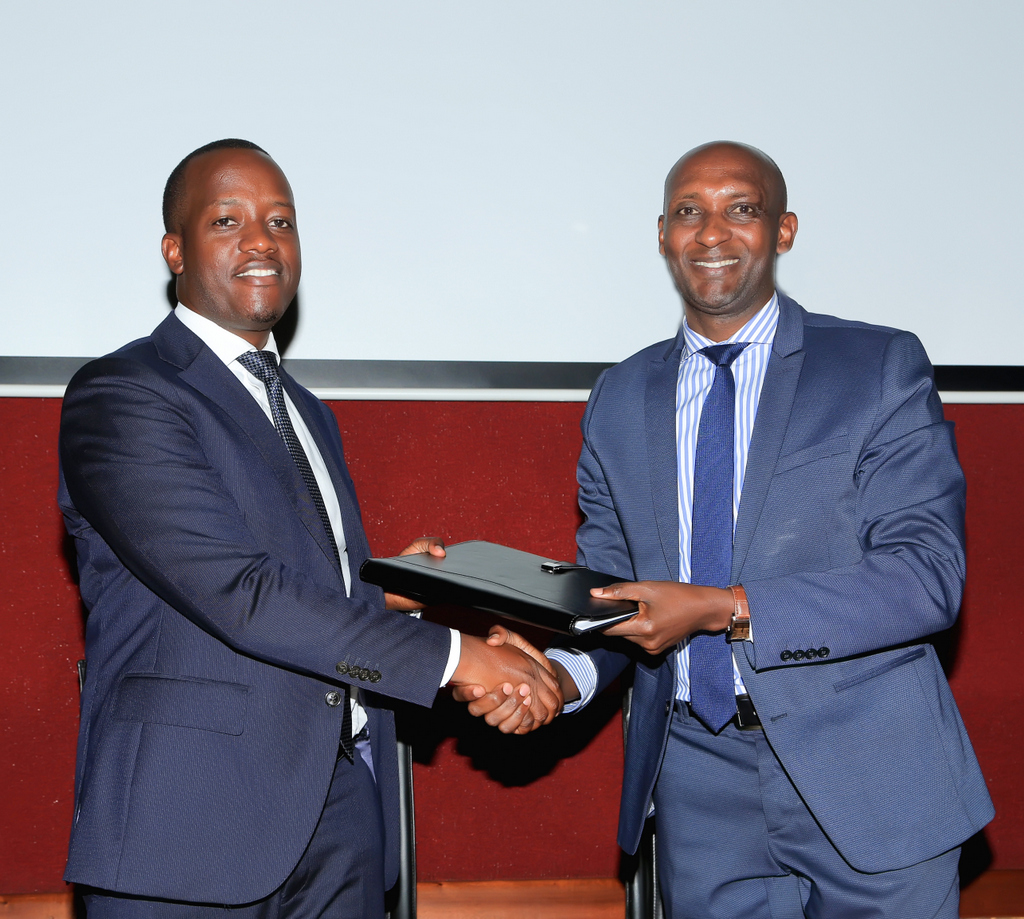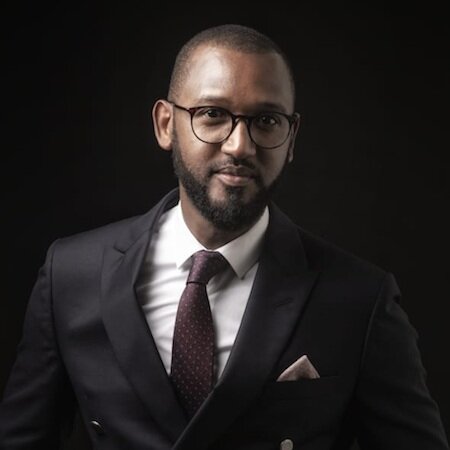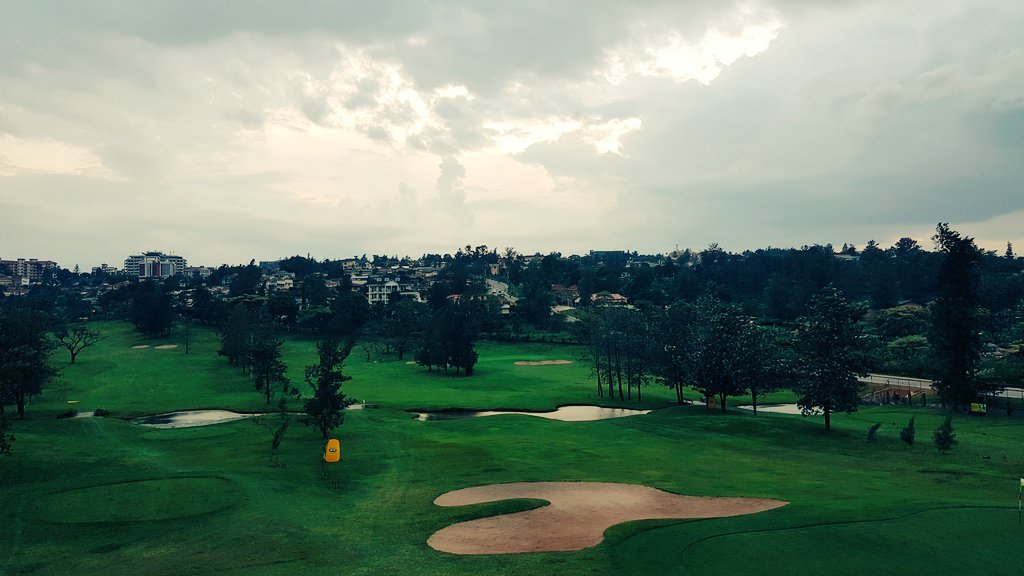Once upon a time, President Paul Kagame visited a North African country to cement bilateral relations. While there, he noticed and admired something peculiar; a magnificent multi-million-dollar world-class golf course. He returned home and asked officials whether Rwanda would invest in a global class golf course. They nodded. He gave them the blessings they needed.
In January 2018, the Rwanda Development Board (RDB), as the lead institution comprised of several institutions, set up a joint committee to manage the funds and oversee the execution of the project. The team would expropriate the then 9-hole Kigali Golf Course and secure funds to hire an international contractor to construct a world-class golf course and a clubhouse with international standards.
A French firm, Gregori International & Gary Player, was awarded a US$4 million contract to design and construct new 9-holes and repair the existing 9-holes. All was well until RDB handed over the project to Rwanda Social Security Board (RSSB) as the beneficiary of the project.Rwanda was about to host the Commonwealth Heads of Government Meeting (CHOGM) and there was the idea that a magnificent golf course would add value to the summit.
RSSB needed blessings from the Minister of Finance to invest massively into this facility.
Taarifa can confirm that the Minister, Uzziel Ndagijimana, wrote to the RSSB Director-General, then Richard Tusabe, now Minister of State in the Ministry of Finance in Charge of the National Treasury, giving him the power of attorney and authorising him to register a private company with RDB that would run the project.
A point to note, the letter was not dated, as lawyers advised Taarifa, an undated document is not lawfully binding.
However, if both parties proceed as if it had been dated, then implied decisions, contracts or assignments will arise based on the terms of the undated document, including using the document to backdate other documents and so on. It is an illegal document that facilitates illegal actions or wrong administrative procedures.
Tusabe would be replaced by Regis Rugemanshuro in February 2020.
In files seen by Taarifa, the company was created on August 9, 2019, three days after the RSSB Board Resolution authorizing its creation with a share capital of Rwf19.6 billion, and conferred all the rights to the management to choose the name and perform all formalities and legal procedures.
Strangely, the board resolution was notarized about two weeks after the creation of the company.
The company, Rwanda Ultimate Golf Course LTD (RUGC), began operations so quickly. The management was set up with its board, chaired by Alain Ngirinshuti, Josue Dushimimana as the Managing Director, Ntwali Kevin Habineza as a Board Member, Brian Kirungi as a Board Member and Patrick Gihana Mulenga also as a Board Member. The company reports to RSSB.
These would be the names that turned this whole project into failure, running the company like a private business, misusing the funds, abusing corporate governance practices, working without accountability and no financial audits conducted that led to the highest level of impunity and arrogance.
Illegal tenders
The moment the management took over from RDB, it maintained independence and would only allow the involvement of other stakeholders from a distance.
The moment RSSB transferred billions of francs into the company’s account, the team went on a spending spree.
They have been issuing tenders to suppliers without competitive bidding.
They issue payments without documents to back up invoices submitted by suppliers. All these are practices Taarifa established from hundreds of files acquired from a trusted source.
After months of carefully scrutinizing the documents and seeking expert views, this becomes our first story.
On August 26, 2019, the RSSB board sat in an extraordinary meeting to approve additional investment into the company to expand the course and develop it to meet USPGA standards after the management proposed its budget.
The budget had been increased from US$4 million to US$16 million.
According to the dossier of board resolutions seen by Taarifa, the management informed the board that the increase of the budget was because they had developed the course that meets the demanded standards within the given deadline from 18 to 9 months.
Disturbingly, the board did not only raise concerns and express reservations on the budget, the budget was presented without a detailed Bill of Quantities for the board to make arguments for negotiations or price comparisons.
Notably, the contractor, Gregori International, would remain the favoured firm. Their contract was extended without meeting lawful procedures.
Normally as per procurement laws, even in the initial set up of this company, extension or revision of the contract exceeding 20% requires an institution to call for competitive bidding.
In this case, what RUGC LTD did was to write to a pre-selected number of firms requesting them to submit their proposals.
Taarifa can reliably confirm that this was a mere formality because the decision to hire Gregori International had been made in separate meetings.
How did Taarifa know? Apart from trusted sources confirming this fovour towards Gregori International, we have a copy of minutes from a negotiation meeting between the company and a technical committee held three days after the registration of RUGC; on August 12, 2019.
Three meetings were held from 12th to 14th August at the Kigali Golf Course Boardroom to discuss awarding the firm an extended contract.
Eleven people from RDB, RSSB, KGC, Gregory International, RUGC LTD attended the meetings.
Before the RSSB board meeting of August 27 that approved the budget, this technical committee sat and discussed with Gregori International.
At first Gregori International presented an outlandish proposal to the tune of US$19 million.
The technical committee was worried the figure was too high and would be difficult to convince the RSSB board to get it approved.
The team agreed to cut it to US$12 million (taxes included). It means Gregory International would pocket US$16 million (the initial US$4 million and the extra US$11 million).
Golf Course not ready
Signatures were penned and funds were transferred. Until today, the course has never been ready.
The management of RUGC LTD is in bed with the contractor. Taarifa has evidence of unethical behaviour by the contractor and members of RUGC LTD.
The contractor would submit invoices for unfinished work and funds would be transferred nonetheless.
Approvals for the transfers would be made by both the Chairman and the Managing Director themselves.
By June 2020 when CHOGM was supposed to happen, the Golf Course was not yet ready. They tossed to a god that saved them from a catastrophe of embarrassing the country.
After the postponement of CHOGM, the management of RUGC LTD worked harder and hoped they would have the Course ready by June 2021.
Their god was working so hard, CHOGM was again postponed before the course was ready. Both the contractor and RUGC LTD have never explained why the course has not been completed.
Taarifa’s assessment is that the reason is due to the lack of RUGC LTD’s moral authority to hold the contractor accountable.
Sources say the contractor has been offering members of the management kickbacks, although no evidence was provided to prove the allegations, looking at the relationship between the two, it is a no brainer.
Maintenance contract
Meanwhile, Taarifa can also confirm that the same contractor was awarded a tender to maintain the Golf Course.
Normally, the contractor cannot be the one winning the maintenance contract, unless several other suppliers have failed to do the job.
Sickeningly, the firm pockets maintenance fees before it has completed the construction work as per contractual terms.
At the beginning of June 2021, the contractor marvelled through most of the golf course and recklessly sprayed it with a harmful chemical.
A large portion of the multi-million-dollar course was burnt and is beginning to see life again two months later.
It all began with the supplier ignoring the content of the soil sample that needed specific chemicals and fertiliser pillage as reported in our earlier story below.
Taarifa tried to reach out to Alain Ngirinshuti for answers about all these issues. We sent him a long list of questions several days ago. He promised to revert. He never did and could not return calls anymore.

We also reached out to RSSB Director-General Regis Mugemanshuro. He ignored our queries too.
We tried to reach to RDB CEO, Clare Akamanzi, she was not available for comment by press time.
Our next story into our investigations will follow soon.
Editor’s Note:

Here are the questions Alain Ngirinshuti couldn’t answer
- Are you aware of any issues of financial mismanagement at KGC?
- If yes, have you done anything?
- What is your level of involvement in contracting suppliers?
- Has the board ever expressed concern regarding any contract and what did you do in response?
- Why has the contractor not yet handed over the course?
- What was the basis for contracting the same company that built the course to maintain the course before it even handed it over?
- The course would have been used during CHOGM, as far as we know. What happened that it’s not yet ready now?
- Some suppliers have signed contracts without any competitive bidding. Examples include GI’s contracts. What was the basis?
- This is an Rwf19b investment from pension funds. How will pensioners recover their money? What’s the nature of the business…is it a direct return on investment and for how long?
- One of the board resolutions of the August 26, 2019 meeting is that the course must be USPGA standard….is this what GI produced? And is it part of the terms in their contract?
- Did you engage an independent PGA accredited (quality auditor ) verifier to ascertain what’s in GI’s terms of reference?
- What exactly happened at the course when it was burnt. Who is responsible? What’s the estimated loss? Will there be compensation?
- As chairman, and from the appointing authority, what are your responsibilities?
- As chairman, do you get involved in day-to-day financial transactions and approvals of the company?
- Who do you report to? How many reports have you produced ever since you were appointed? Are these reports public? If no, why?
Here are questions RSSB Director-General couldn’t answer
- Has RSSB ever conducted an audit into the KGC project?
- If yes, what did you find out?
- If no, why not?
- Several tenders were issued without competitive bidding. Are you aware? If yes, what did you do?
- How much in total has RSSB invested into KGC?
- What was/is the philosophy behind this investment and how will the funds be recovered?




















